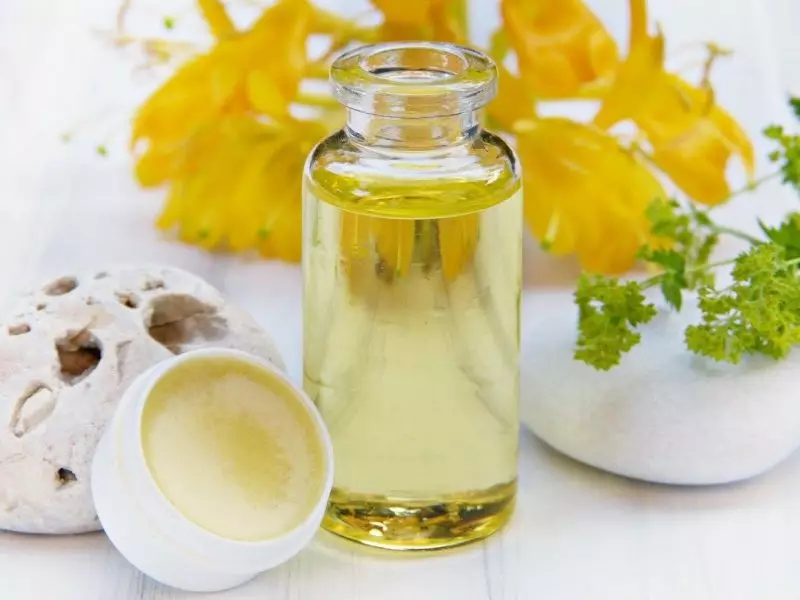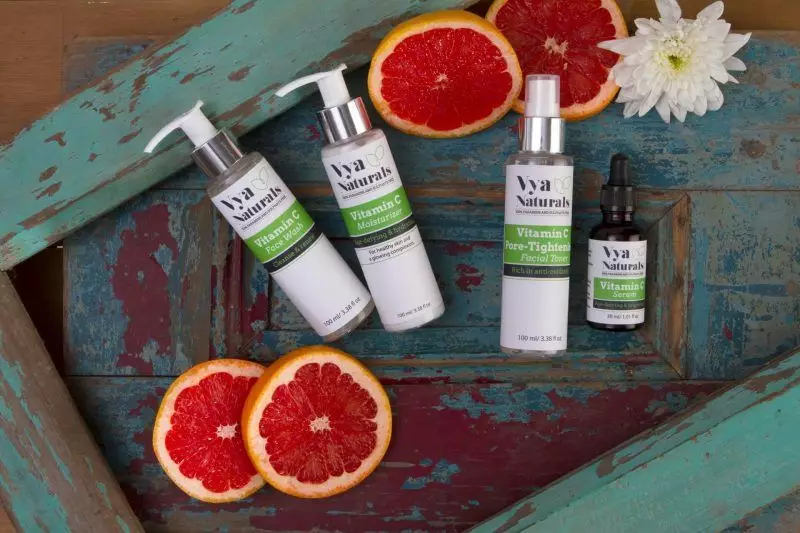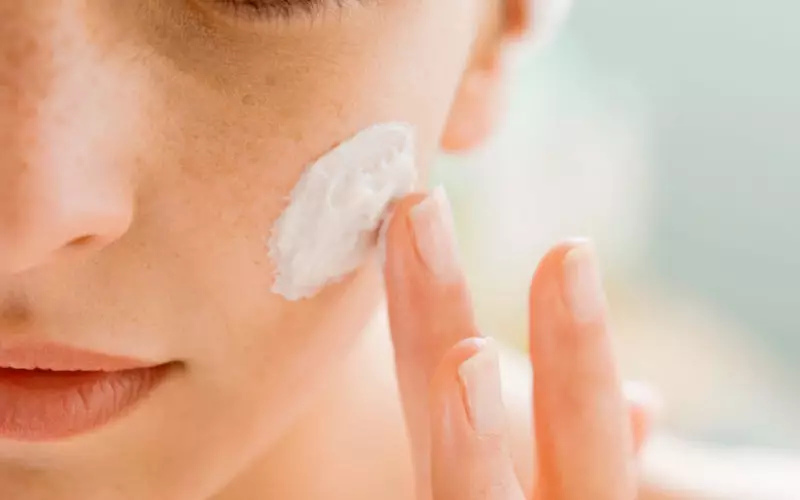
Sensitive skin is probably one of the most pretentious skin types. The bad news is: people with oily, acne-prone, dry, dehydrated, or mature skin can ALSO have sensitive skin. Which makes the search for suitable skincare products even more challenging.
Sensitive skin can be easily irritated by various factors, including cosmetic ingredients, free radicals (pollution, smoking, UV radiation), as well as other internal and external irritants, including genetic predisposition. Those may cause different symptoms including:
- Burning
- Swelling
- Skin flaking
- Allergy (hives, eczema, dermatitis)
- Redness
- Itchiness
So in order to prevent such irritation (or relieve its symptoms), we have to choose the right cosmetics, containing the right ingredients.
This article will guide you through some of the cosmetic ingredients that are most suitable for sensitive skin types, as well as the ones that can cause irritation symptoms.
Let’s get started!
What ingredients are best for sensitive skin?
Sensitive skin is reactive and prone to irritations, redness, itchiness, and flakiness.
That being said, the protective barrier of sensitive skin is naturally weaker than the barrier of other skin types. Besides, when irritation occurs, the skin barrier is often damaged, which makes the healing/recovery process longer and more difficult.
However, using cosmetic products with suitable ingredients can help your skin repair and strengthen the lipid barrier and improve the degree of skin resistance to irritators.

In that sense, rule #1 for relieving skin allergy symptoms and taking care of sensitive skin is: MOISTURIZE! By using cosmetics with ingredients that improve skin moisture, you stimulate the production of new and healthy skin cells, strengthening the skin barrier and improving the natural skin protection mechanism. Such ingredients include:
Ceramides occur naturally in your skin. They are lipids that support the formation of the outer skin barrier. This way, using cosmetic products with ceramides can help your skin recover faster, form stronger epidermis, and improve moisture. They can be effective ingredients for sensitive skin, as the they are unlikely to cause irritation because they support the natural skin functions. [1]
-
Carrier (base) oils
Almond, jojoba, argan, apricot, grapeseed, chamomile, calendula, borage oils, shea butter. Plant-based carrier oils can reintroduce moisture into the skin, relieve inflammation, support skin repair, and strengthen its protective barrier. Some of these oils can still trigger irritation in specific individuals (who are allergic/reactive to the specific oil), yet they are also likely can increase the natural skin protection from external irritators. [2]
-
Colloidal oatmeal
Colloidal oatmeal is often used in cosmetics for atopic dermatitis and eczema relief. Besides, this ingredient has been found to be very unlikely to cause irritation and allergy even to sensitive skin types. [3] The effects of colloidal oatmeal on skin include stronger skin barrier, improved moisture, and reduced inflammation. [4]

-
Panthenol
Cosmetic products with panthenol formulations were found to have significant positive effect on the skin barrier. [5] They can make the skin stronger and more resistant to external damage, improve the retention of moisture, and stimulate the healing process. Besides, panthenol may calm present irritation symptoms and is unlikely to trigger allergy in sensitive skin types.
-
Allantoin
This ingredient is often found in Korean cosmetics and is used mainly for skin with atopic dermatitis, eczema, psoriasis, or keratosis. Evidence suggests that is very unlikely to cause irritation but may positively affect skin health. It can get rid of keratin buildups, support the production of new healthy skin cells, boost the healing and regeneration processes, introduce moisture and improve the moisture retention mechanism of the skin. [6]

What ingredients can irritate sensitive skin?
There are a lot of controversial ingredients that can trigger skin irritation, some of them including:
-
Parabens
Those preservatives (one or combination of a few) may irritate the skin and cause allergy symptoms. People with sensitive skin are more predisposed to paraben irritations than other individuals. [7]
Sulfates (SLS, SLES, ALS) are often found in foaming skin cleansers and shampoos. However, they may cause excess dryness to sensitive skin types, which can also result in damaged lipid barrier and irritation (especially if sulfates are used in higher concentrations). [8]
Cosmetic alcohols are all considerd as allergens. An while drying alcohols (isopropyl, denatured, ethyl, aromatic alcohols) can negatively affect all skin types, fatty alcohols (cetyl, ceteraryl, streayl) may trigger irritation in sensitive skin. This makes all types of cosmetic alcohols highly unsuitable for reactive skin, especially when inflammation or irritation is present. [9]

This skincare ingredient includes glycolic, lactic, citric and other cosmetic acids. Those are usually used for stimulating the natural exfoliation process of the skin by boosting the cell turnover. However, their major drawback is that they can be associated with skin irritation, and increased skin sensitivity (especially when higher acid concentrations are applied to the skin). [10]
-
Perfumes
Often fragrance (perfumes) in cosmetics are alcohol-based, but there are times when they have other origin. No matter the type of fragrance, these may trigger significant skin irritation and cause itchiness, redness, or eczema to sensitive skin types. [11]
-
Retinol
Retinol has similar effect to alpha hydoxy acids. It is mainly used in cosmetics to increase the skin cells turnover and stimulate exfoliation (resulting in reduced visibility of scars, less wrinkles and more even pigmentation). However, this cosmetic ingredient can cause severe irritation, increase skin sensitivity to allergens, and trigger allergy symptoms (including contact dermatitis). [12]
-
Essential oils
Essential oils they can cause severe skin irritation, contact dermatitis, and even burns when used in high-concentrations. [13]
That being said, cosmetics with natural ingredients are often faulty advertised as sensitive-skin-friendly. However, many natural cosmetic ingredients are allergens and can trigger dermatitis and irritation. This makes them highly-unsuitable for sensitive skin. [14]
Keep in mind that not all the products which say “For sensitive skin” are free from irritating ingredients. Doing a patch-test and reading the ingredients label is important!
Check out our guide to 32 common causes for skin allergy!








